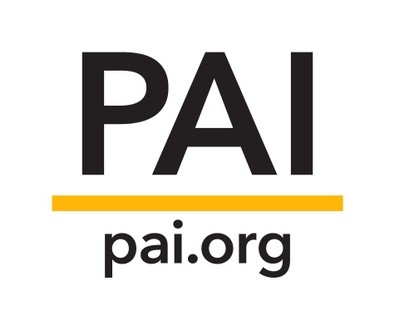Linking Population, Fertility and Family Planning with Adaptation to Climate Change: Views from Ethiopia
The effects of global climate change are being felt disproportionately in the world’s poorest countries, where people are the least able to cope. As climate change adaptation strategies gain international attention, it is important to show how people are dealing with the effects of climate change, how they could become more resilient to these effects, and how people and communities can adapt to climate change. Using qualitative methods, PAI, in collaboration with Miz-Hsab Research Center and the Joint Global Change Research Institute, explored how Ethiopian communities react to and cope with climate variation, which groups are the most vulnerable, what resources communities need to adapt to climate change, and the role of family planning and reproductive health in increasing resilience to climate change impacts. This study was one of the first to explore the linkages of population, fertility and family size with aspects of vulnerability and resilience to climate change.
Year: 2009
Source: PAI




